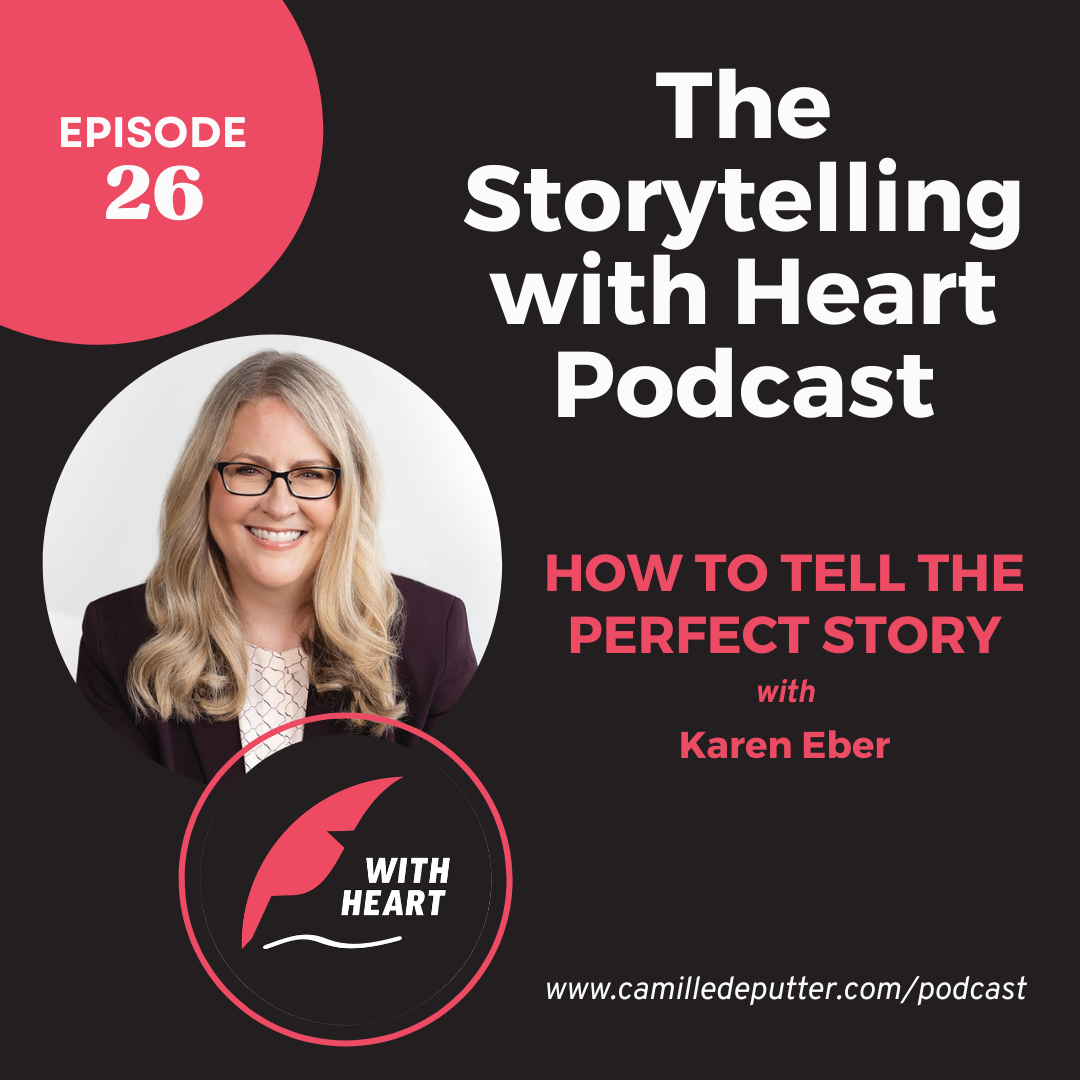So a couple of musicians want to start a band…
Here’s a quick story for you. (Okay, two stories.)
The first story goes like this: A couple of musicians want to start a band. Between the two of them they’ve got guitar and vocals covered. The next thing they need is a bassist.
So, the guy takes out an ad in the paper. The criteria to apply is that the bassist must enjoy both the folk group Peter, Paul, and Mary, and the indie-punk band Husker Du.
A strange combination to be sure. So strange and so niche in fact that no one responds… except one person. Her name is Kim Deal.
As fate would have it, that’s how the legendary band The Pixies were formed. Kim Deal joined Black Frances and Joey Santiago and, after adding a drummer to the mix, The Pixies went on to be highly influential, inspiring bands like Nirvana and many others.
I like this little story because it shows what can happen when we’re willing to be specific about who we are, what we do, and who we serve.
It takes guts to go against the grain and share the weird, nuanced makeup of who you are, but it can pay off in some surprising ways. I’ve experienced it myself: both in business, and in life.
So here’s the second story. When I went to University, I lived in residence my first year with a roommate. In order to be paired with a roommate you had to fill out a form so the administration could try to pair you up with a compatible person.
One of the questions was: what kind of music do you like?
I looked at that question and figured I could either lie and say something generic, or I could be honest and share the specific kind of music I was into, even though I didn’t think anybody would know what I was talking about.
I chose the latter and wrote down hardcore. Meaning, hardcore punk — the kind of loud, noisy, screamy, thunka-thunka kind of music that served as the foundation for the subculture that changed my life. (Which my old friends and I fully unpack as adults on this podcast episode.)
Now here’s the funny part.
Someone else also wrote down hardcore.
Only she didn’t mean hardcore punk. She meant something very different: a type of techno music popular at raves in the 1990s.
Naturally we got paired together. This person became my roommate, and lo and behold, we were a great fit for each other. No, we didn’t like the same music. But there was plenty of commonality between us: we were both into music scenes and our lives had been influenced by niche subcultures. (For her, raves, for me, the hardcore punk scene.) We weren’t into the conventional, mainstream kinda thing. And we were individual enough to write down our honest truth rather than trying to fit in.
There weren’t too many people in my residence that I could relate to (she was pretty much the only one actually) so it’s a good thing that we both decided to go out on a limb and say what we actually, genuinely liked (not what we thought other people would recognize or understand.)
I think my point here is obvious: Don’t be afraid to speak specifically to the people you want to reach; don’t be afraid to show people your weirdness.
This leads me into today’s podcast episode, where my guest, Karen Eber, raises an excellent point.
She says that anytime we tell a story, we should first ask ourselves: Who am I okay with disappointing?
Karen explains that this single question will free you up to tell an impactful story that resonates with the people you want to reach, while being authentically you.
You can’t connect with every single person every single time, and acknowledging that will make your life easier — and help you dial into exactly who it is you REALLY want to reach.
To hear more about that (and how to tell better stories in general) check out my latest podcast episode: How to Tell the Perfect Story with Karen Eber.
Karen Eber is an author, international leadership consultant, professional storyteller, and keynote speaker. Her talk on TED.com: "How your brain responds to stories – and why they’re crucial for leaders", has almost 2 million views. As the CEO and Chief Storyteller of Eber Leadership Group, Karen helps Fortune 500 companies build leaders, teams, and culture one story at a time. She is also the author of the book THE PERFECT STORY: How to Tell Stories that Inform, Influence, and Inspire.
Topics we cover include:
➡️ What you should know if you think you’re not a good storyteller: Karen offers inside knowledge, hope, and practical tips if you aren’t good at storytelling (yet).
➡️ How to navigate the personal, the professional, and the private when it comes to storytelling. And how to bring enough vulnerability into your storytelling without revealing “too much”.
➡️ The difference between David Bowie and Sting, and an easy way to connect better with your audience. (Hint: share more than just the songs.)
➡️ How to get started when you don’t know who your audience is.
➡️ Tips on public speaking for introverts – how to manage your energy and wellbeing when you’re in the spotlight.
➡️ Communicating data – why you need storytelling when sharing data, and why storytelling is more than just data visualization.
➡️ When you shouldn’t tell a story; when being straight up and to the point is more effective.
➡️ How to handle your fear of disappointing others or not being good enough, and a simple way to move forward if you’re afraid of falling short.
Have a listen on my website, Spotify, Apple, Google, Amazon, and anywhere else you listen to podcasts.

